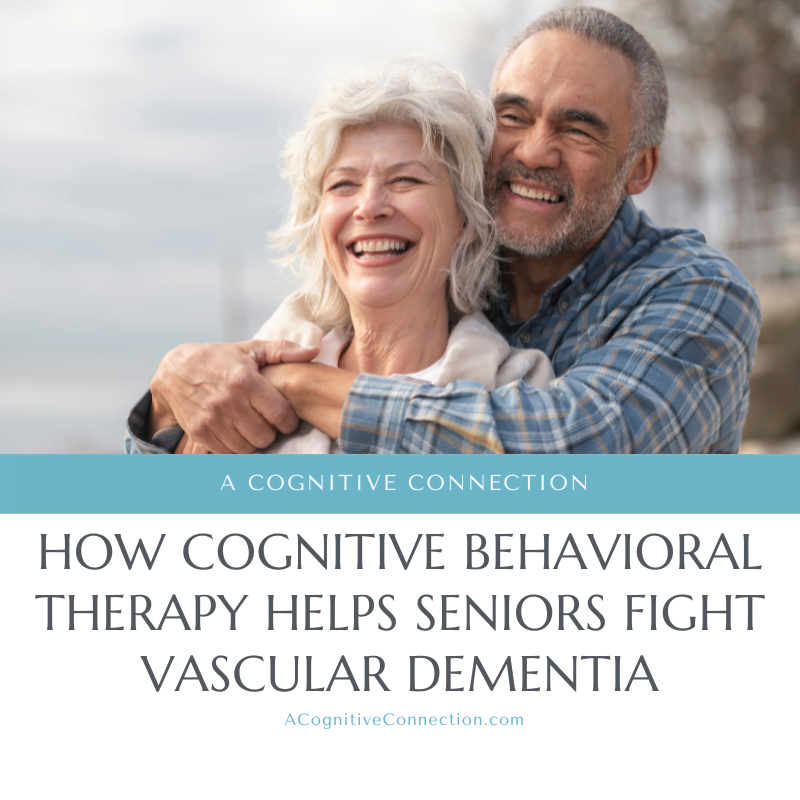Emotional triggers make it difficult to respond to a situation in the way you normally would. When something happens that is emotionally triggering, your response is instinctive.
This often results in reactions that are not appropriate to the situation and hurt those around us. It’s important to address and reprogram these behaviors with compassion. Emotional triggers are often associated with past trauma, so by helping yourself heal, you can improve your behavior.
As a cognitive and behavioral health center in Colorado Springs, A Cognitive Connection wants you to experience a healthy and fulfilling life. We believe that one of the best ways to improve mental and emotional health is by addressing patterns of thought and behavior that don’t help us in our daily lives, like our responses to emotional triggers. Keep reading to learn tips for recognizing your emotional triggers.
What are Emotional Triggers
Everyone experiences emotions, but understanding why we have certain emotional responses can be tricky. Emotional triggers are the things that cause us to feel intense emotion regardless of our current mental state. Sometimes the trigger is obvious. Other times, they may not seem as clear, and we can feel confused or frustrated when we experience unexpected emotions.
Taking time to reflect on recent occurrences to pinpoint potential triggers can be extremely helpful in managing our emotions and developing deeper self-awareness. Learning to identify our emotional triggers is an incredibly powerful tool that can help us build meaningful relationships and deepen our understanding of ourselves.
List of Emotional Triggers
Here is a list of the most common emotional triggers, meaning you react when you feel like these needs are not being met:
- Acceptance
- Respect
- Attention
- Comfort
- Freedom
- Love
- Safety
- Fun
- Order
- Variety
- Autonomy
- Predictability
- New challenges
- Peacefulness
- Balance
- Being liked, understood, needed, valued, in control, right, treated fairly
Some of these needs will be important to you. Others will hold no emotional charge for you.
When your brain perceives that someone has plans to take away something important to you, your emotions are usually triggered. You may lose trust in the person or situation. You may also react in a way that could hurt your relationships in the future.
The key is to catch yourself reacting when your emotions are triggered. That way, you can determine whether if there’s an underlying reason for your response, such as unresolved trauma.
Coping with Your Emotions
To start controlling your emotional triggers, choose three items from the list above that most often set off your emotions. Be honest with yourself. These needs and desires aren’t bad! We just need to program ourselves to respond in a more beneficial way.
For example, you may have learned through experience that success depends on maintaining control, establishing a safe environment, and having people around you who appreciate you. However, the more you become attached to these needs, the more your brain will be on the lookout for circumstances that threaten your ability to have these needs met.
A Technique to Try
As soon as you notice that you are emotionally reacting, you have to shift your emotional state to think through what your trigger might be. Therefore, practice the following technique to help you make the shift:
- Relax- Breathe and release the tension in your body.
- Detach- Clear your mind of all thoughts.
- Center- Drop your awareness to the center of your body just below your navel. Feel your breath.
- Focus- Choose one keyword that represents how you want to feel or who you want to be in this moment.
This technique may not work for everyone, so if you find yourself struggling to control your emotional response, it’s okay to give yourself some space to process. Talking to a professional who specializes in cognitive behavioral therapy is another great place to start. CBT can help you understand why certain interactions trigger you and give you the tools you need to cope.
A Cognitive Connection Can Help Manage Emotional Triggers
Here at A Cognitive Connection we offer a range of therapies that can help improve cognitive function and support healthy behaviors, including cognitive behavioral therapy. If you struggle to manage your emotions, we’d love to talk with you! Schedule a free consultation, and we’ll discuss which treatment option is right for you. We look forward to meeting you!



